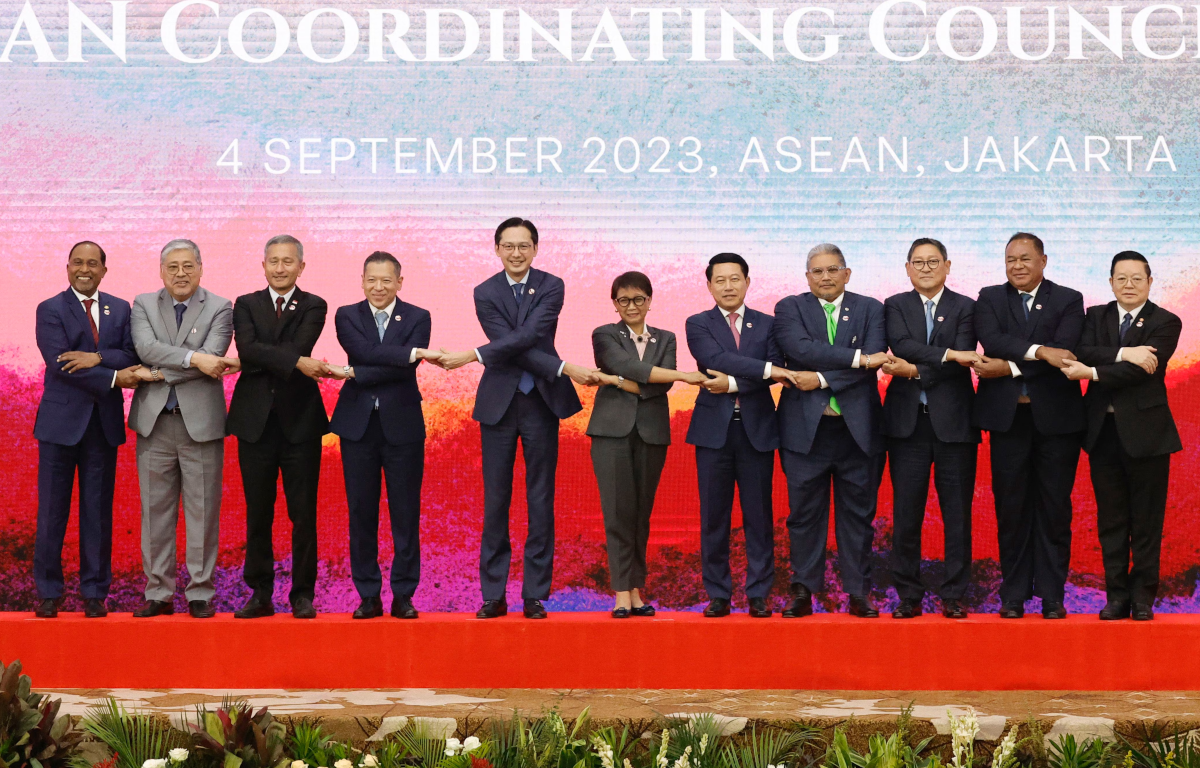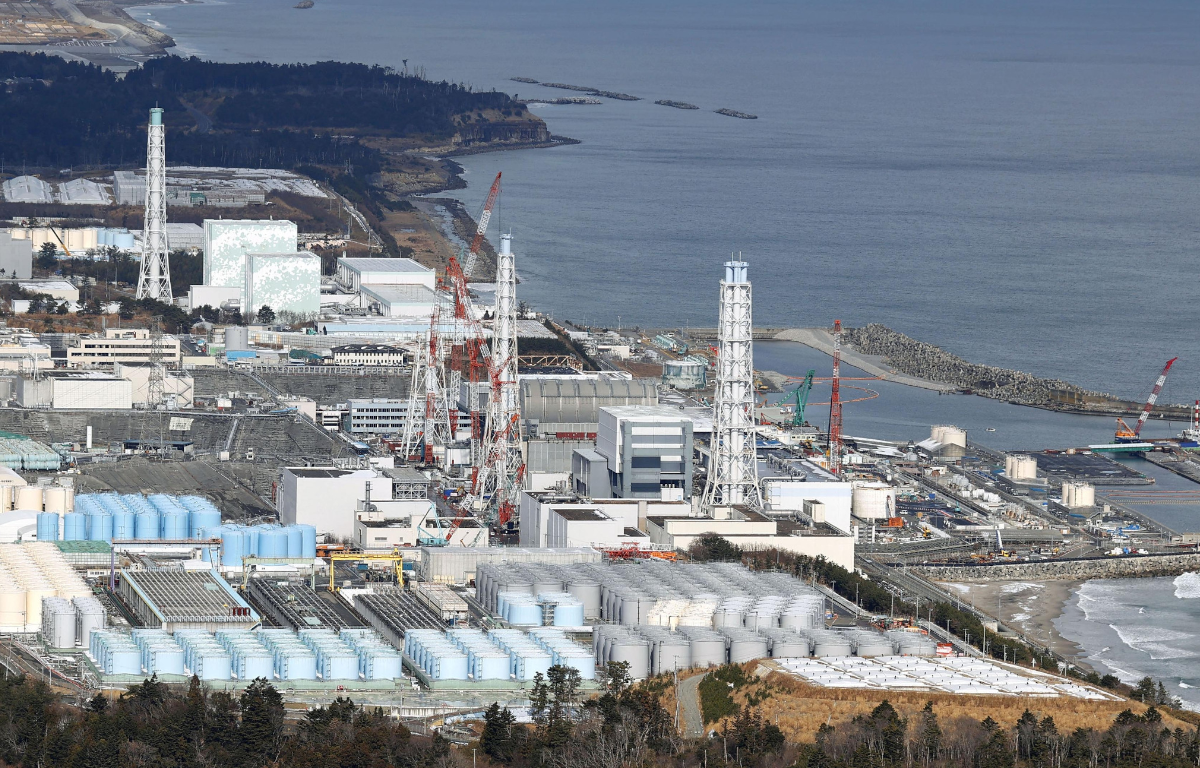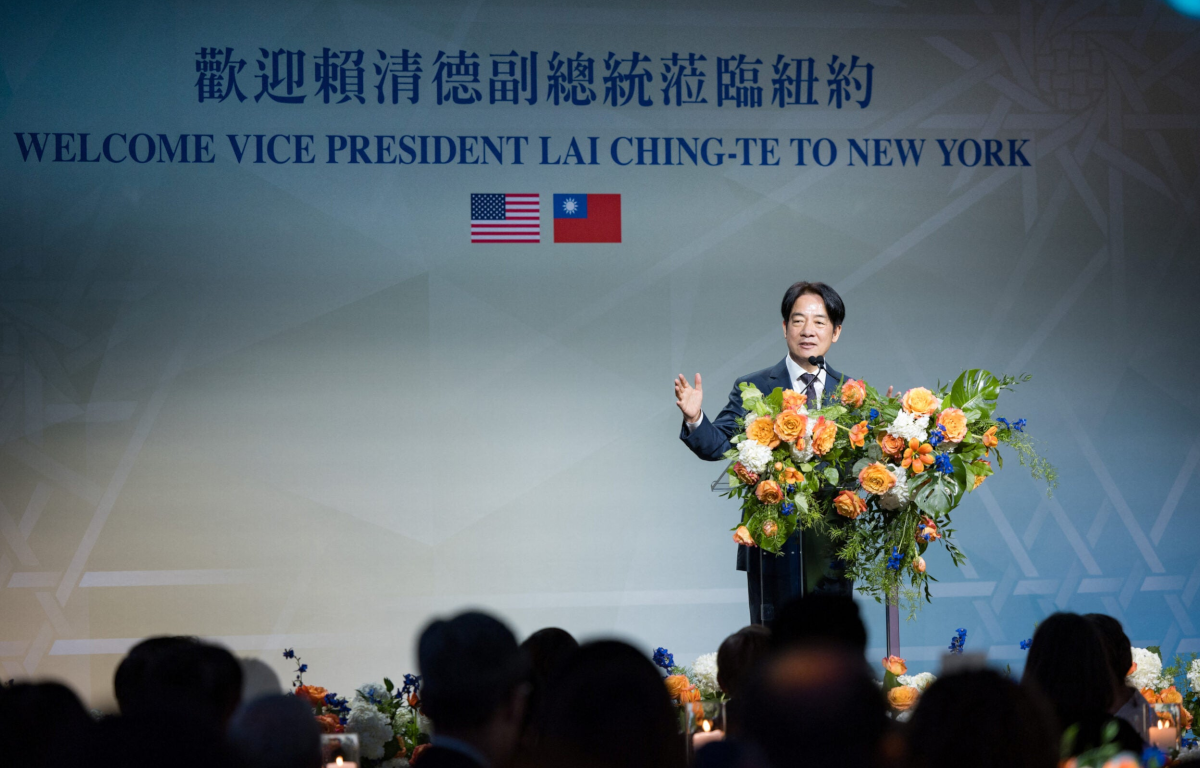
The issue of Taiwan’s formal name is deeply intertwined with questions of sovereignty and identity. Taiwan has been self-governed since 1949 when the Chinese Nationalist Party (Kuomintang) retreated to the island following their defeat in the Chinese Civil War. The ROC government established itself in Taiwan and continued to view itself as the legitimate government of all of China, despite the People’s Republic of China (PRC) governing the mainland.
Over the years, the debate over Taiwan’s formal name has taken center stage in global politics. The PRC insists that Taiwan is a part of its territory and has pressured international organizations to not recognize the island as a separate entity. This has resulted in Taiwan’s limited international participation and exclusion from organizations such as the United Nations.
Despite these pressures, Taiwan has maintained the name “Republic of China” and operates as a de facto independent nation. It has its own government, military, constitution, and elections. Its citizens have a strong sense of identity and are proud of their democratic system and vibrant culture.
Vice President Chen Chien-jen’s recent statement underscores Taiwan’s commitment to maintaining the status quo. He affirmed that there are currently no plans to change the island’s formal name. This stance aligns with the sentiments of many Taiwanese who value their distinct identity and democratic way of life.
Taiwan’s determination to keep its current name has garnered support from various quarters, including the United States and other democratic nations. The U.S., in particular, has been a staunch supporter of Taiwan’s participation in international forums and its right to determine its own future. This support is rooted in the belief that the people of Taiwan should have a say in their political status and that any changes should occur through peaceful and democratic means.
The issue of Taiwan’s formal name remains a sensitive and complex matter. Any significant change to its name would have profound implications, not only for Taiwan but also for the region and the world. As such, maintaining the status quo while engaging in peaceful dialogue with mainland China continues to be the preferred approach for many in Taiwan.
In the coming years, the issue of Taiwan’s formal name is likely to remain a topic of discussion and debate. The island’s leadership will continue to navigate the delicate balance between asserting its identity and maintaining stability in the region. While there may be external pressures to change, Taiwan’s steadfast commitment to its current name reflects its deep-rooted desire to determine its own destiny and maintain the democratic principles that have defined its society for decades.
As the global community watches these developments closely, the hope is that peaceful dialogue and diplomacy will ultimately prevail, ensuring that the people of Taiwan can continue to determine their own path forward, including decisions regarding their formal name.










Share this: